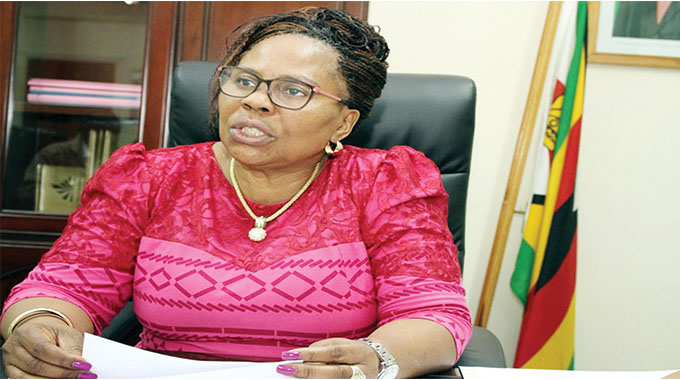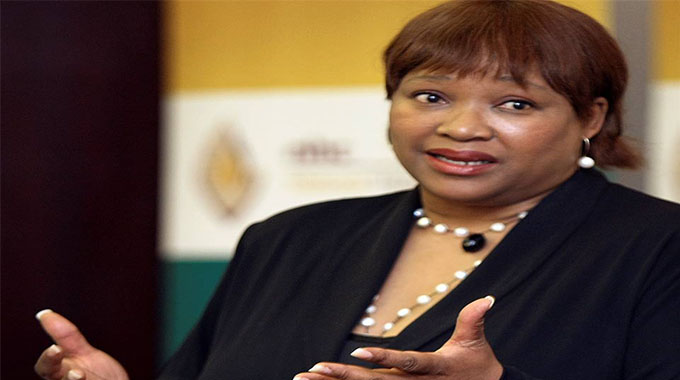Governent overhauls higher education curriculum

Farirai Machivenyika, Harare Bureau
Government is overhauling the higher and tertiary education curriculum to focus on innovation and industrialisation, in line with opportunities brought about by the Transitional Stabilisation Programme.
The overhaul will see tertiary institutions moving away from academic qualification to technical programmes, with a bias towards innovation and industrialisation, and produce graduates focused on employment creation.
Higher and Tertiary Education, Science and Technology Development Minister Professor Amon Murwira, who is also Chairman of the Cabinet Committee on Human Capital Development, Skills Audit and Employment Creation, submitted a report on the programmes to Cabinet yesterday.
Presenting the 21st Cabinet Meeting Decision Matrix yesterday, Information, Publicity and Broadcasting Services Minister Monica Mutsvangwa said the programmes covered the period 2019-2030.
“Cabinet considered a submission by the Minister of Higher and Tertiary Education, Science and Technology Development, Chairman of the Cabinet Committee on Human Capital Development, Skills Audit and Employment Creation on key priority programmes to be undertaken during the period 2019 – 2030,” she said.
“The programmes are derived from the Transitional Stabilisation Programme (TSP) and targeted towards the achievement of the goals of Vision 2030 as highlighted below; to develop standardised qualifications through the establishment of minimum bodies of knowledge and skills, thus enhancing transparency to institutions, learners and employers; to reconfigure Higher and Tertiary Education in Zimbabwe to focus on Innovation and Industrialisation (HTE 5.0) in addition to teaching, research and community service (HTE 3.0).”
Minister Mutsvangwa said Government would engage investors to develop infrastructure at institutions of higher learning.
“The programmes also aim to develop state-of-the-art infrastructure for schools, vocational training centres, higher and tertiary education institutions, through the engagement of investors; to increase the number of youths who will graduate as artisans, technicians, teachers and other professionals with technical, vocational and entrepreneurial skills for decent work and sustainable self-employment; to attract foreign students to study in Zimbabwe; to solve the perennial and recurrent shortage of ICT skilled human capital and provide home-grown ICT solutions,” she said.
Minister Mutsvangwa said the programmes will also seek: “to link Government departments and industry to institutions of higher learning in a targeted manner; to continuously assess skills levels while taking into consideration technology changes; to promote, coordinate and monitor innovative financing schemes for micro, small and medium enterprises and the formation of companies, as opposed to cooperatives and also introduce a Graduate Employment Entrepreneurship Programme; to encourage entrepreneurship in culture and creative arts.”
Although Zimbabwe has a literacy rate of 94 percent, it has a skills gap of 38 percent.
“We are turning our focus and philosophy that there should not be an outcry for jobs because we are expecting jobs to be created by our graduates,” Prof Murwira said. He said the curriculum in institutions of higher education were outdated because they trained people to be workers and not create employment.










Comments